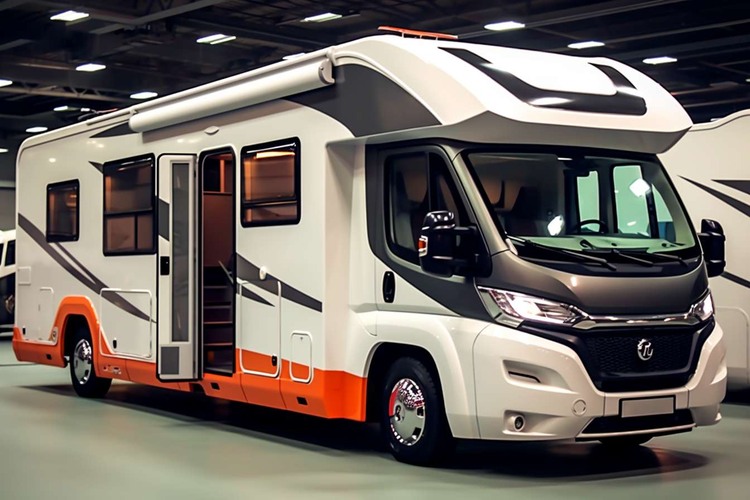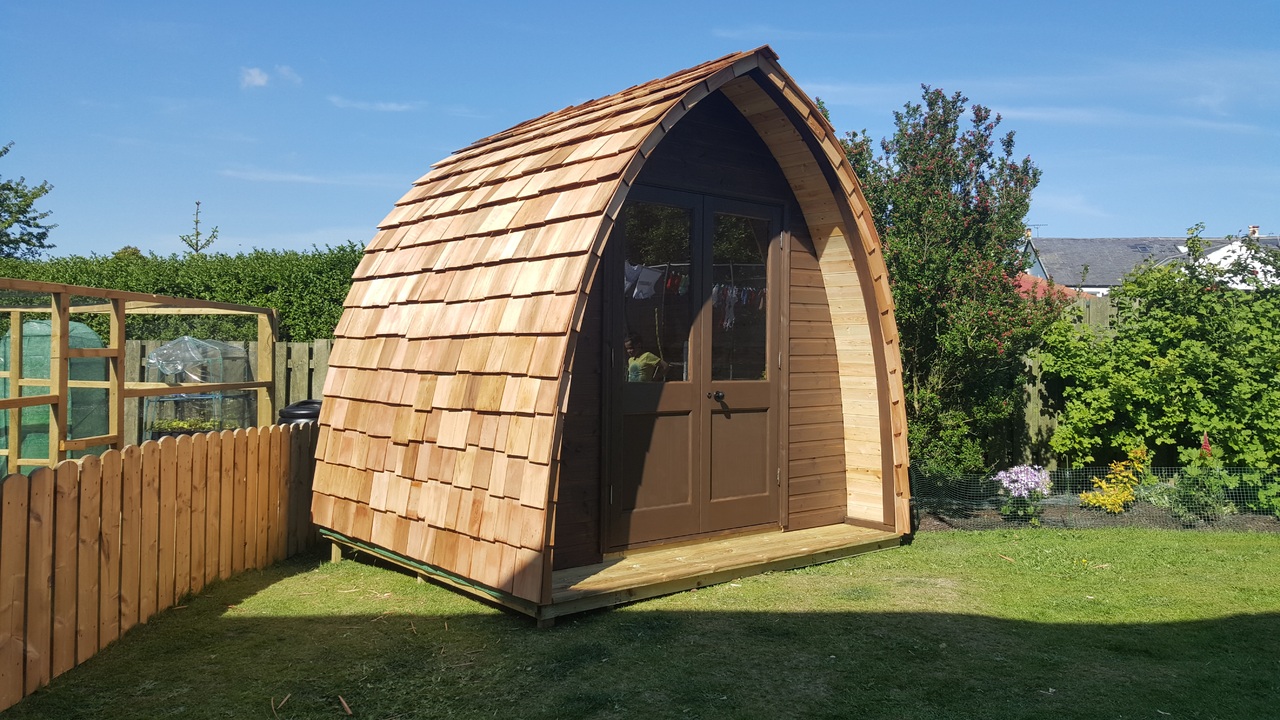Guide to RVs, Campervans and Motorhomes
Planning a road trip adventure or considering a mobile lifestyle? Recreational vehicles offer the perfect blend of travel flexibility and home comforts. From compact campervans to luxurious Class A motorhomes, these mobile living spaces have revolutionized how people experience travel. This comprehensive guide explores the various types of RVs available, rental options, and essential accessories to enhance your journey on the open road.

Understanding Different Types of Motorhomes
The term “motorhome” encompasses several distinct vehicle categories, each with unique features and benefits. Class A motorhomes represent the largest and most luxurious option, resembling a bus in size and often featuring slide-out sections for expanded living space. Class B motorhomes, commonly called campervans, offer a more compact solution built on a van chassis, making them easier to drive and park. Class C motorhomes strike a balance between the two, with a distinctive over-cab sleeping area and moderate size. Fifth-wheel trailers require a pickup truck with a special hitch for towing, while travel trailers can be pulled by various vehicles with sufficient towing capacity. Pop-up campers provide an ultralight option that expands when parked. Understanding these distinctions helps travelers choose the right vehicle for their specific needs, whether prioritizing spaciousness, maneuverability, or towing requirements.
How to Find Competitive Motorhome Rental Deals
Securing favorable motorhome rental agreements requires research and timing. Many rental companies offer significant discounts during shoulder seasons (spring and fall), when demand decreases but weather remains pleasant for travel. Online platforms like Outdoorsy and RVshare connect renters directly with private owners, often resulting in better rates than traditional rental agencies. Booking well in advance—ideally 3-6 months before your trip—typically secures better pricing, while last-minute deals occasionally appear when companies need to fill their fleet. Consider rental duration discounts, as many providers offer reduced daily rates for longer rental periods. Location flexibility can also yield savings, as picking up and returning vehicles at less popular destinations frequently costs less. Many companies offer membership programs with exclusive discounts and perks for repeat customers, making them worthwhile for regular RV travelers.
Essential RV Accessories for Comfortable Travel
The right accessories transform an RV trip from merely convenient to truly comfortable. Water pressure regulators protect your RV’s plumbing system from damage caused by inconsistent campground water pressure. Leveling blocks ensure stability when parked on uneven terrain, preventing uncomfortable tilting and potential appliance malfunction. For power management, surge protectors shield sensitive electronics from electrical spikes, while portable solar panels provide eco-friendly charging options when boondocking (camping without hookups). Sewage management tools—including quality gloves, clear elbow connectors, and tank treatment chemicals—make the necessary task of waste disposal more hygienic and straightforward. Space-saving kitchen tools like collapsible containers and nesting cookware maximize limited storage areas. Navigation aids designed specifically for RVs alert drivers to low bridges, weight restrictions, and propane-restricted tunnels, preventing potentially dangerous routing errors.
Comparing Costs: Ownership vs. Rental
Understanding the financial implications of RV ownership versus rental helps travelers make informed decisions based on their usage patterns and budget. The table below outlines typical costs associated with both options:
| Expense Category | Ownership Costs | Rental Costs |
|---|---|---|
| Initial Investment | $60,000-$300,000 (new Class A) $10,000-$80,000 (used) |
$0 |
| Annual Insurance | $1,000-$2,000 | Included in rental |
| Storage Fees | $50-$450/month | $0 |
| Maintenance | $1,000-$3,000/year | Included in rental |
| Daily Use Cost | Fuel + campsite fees | $100-$350/day + fuel + campsite fees |
| Depreciation | 21-30% first 5 years | $0 |
Prices, rates, or cost estimates mentioned in this article are based on the latest available information but may change over time. Independent research is advised before making financial decisions.
For travelers using an RV less than 3-4 weeks annually, renting typically proves more economical. However, frequent users may reach a break-even point where ownership becomes financially advantageous, especially when considering the investment potential of certain well-maintained RV models.
Preparing Your RV for Seasonal Travel
Weather considerations significantly impact RV travel and require seasonal preparation. For winter travel in colder regions, insulating water hoses, adding antifreeze to holding tanks, and installing RV skirting helps prevent freezing. Thermal curtains and window insulation kits reduce heat loss, while dehumidifiers combat interior moisture buildup. Summer preparations include checking air conditioning systems, installing window reflectors to reduce interior heat, and ensuring awnings function properly for outdoor shade. Regular maintenance checks before seasonal transitions should include inspection of seals and weather stripping, testing of heating and cooling systems, and examination of tires for appropriate pressure and wear patterns. Some RV owners choose to winterize their vehicles during off-seasons, particularly in regions with harsh winters, which involves draining water systems and adding antifreeze to prevent damage from freezing temperatures.
Navigating RV Campgrounds and Facilities
Campground options range dramatically in amenities, price, and atmosphere. Public campgrounds in national and state parks offer natural settings with basic facilities at reasonable rates, though they often require reservations months in advance, especially during peak seasons. Private RV resorts provide more amenities—including Wi-Fi, swimming pools, and organized activities—but at premium prices. Membership-based camping networks like Thousand Trails and Harvest Hosts offer economical alternatives for frequent travelers. Understanding hookup options is essential: full hookups provide water, electricity, and sewer connections; partial hookups typically include water and electricity only; and primitive sites offer no utilities, requiring self-contained operation. Many experienced RVers recommend using campground review apps like Campendium or The Dyrt to research facilities before booking, as user reviews provide valuable insights beyond official descriptions.
The freedom and flexibility of RV travel continue to attract enthusiasts seeking to explore without sacrificing comfort. Whether purchasing or renting, the right vehicle and accessories can transform ordinary trips into extraordinary adventures. By understanding the various options available and preparing accordingly, travelers can enjoy the unique experience of taking their home on the road.




